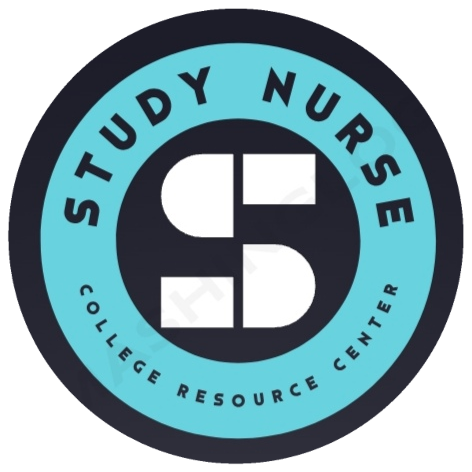Capella University
PHI-FPX3200: Ethics in Health Care
Dr. Ginger Raya
July 31, 2024
A Right to Experimental Drugs?
The use of experimental drugs raises ethical questions on the risks and benefits and the appropriate parties to receive the drugs first. Addressing the queries enables stakeholders to overcome a potential quandary during the early stages of a drug research. In this case, it is appropriate to consider various arguments relevant to view supporting access to experimental drugs and those against the decision.
Ethical Theories and Moral Principles
More patients may require unknown treatment options to provide the best possible end of life care. The process entails using a new drug that is currently in development but has promising outcomes. The moral principles of justice beneficence, and autonomy. Effective use of experimental drugs require healthcare providers to consider the level of fairness. Notably, only few people can participate in trials. The trials may not happen in vicinity of more patients while the terminally ill may be unfit for inclusion for trials (Borysowski & Górski, 2020).
Thus, there are multiple factors beyond a patient’s control that limit access to experimental drugs by a great deal of individuals. Another moral consideration is the beneficence principle, where access to experimental drug may provide benefits and save or prolong the lives of seriously ill patients. However, concerns emerge over the direct risks associated with harmful effects of the drugs and exploitation of patients for the benefit of researchers and drugs manufacturers (Borysowski & Górski, 2020). Autonomy also provides insights into the implications of experimental drugs on patients. In this case, it is crucial to monitor the quality and validity of informed consents to sustain compassionate use of the interventions. Terminally ill patients should freely choose to undergo risks meant to improve their condition or prolong their lives.

Relevance of the Principle of Informed Consent
Patients may be at a higher risk of adverse events due to their serious or life-threatening conditions. Similarly, there is the likelihood of overestimating potential benefits and underestimating risks associated with experimental drugs. Thus, it is important to consider the need for a patient to have accurate and complete information about the treatment. Informed consent requires healthcare professionals to ensure that a patient understand the risks and benefits to enable them to make an informed decision (Borysowski & Górski, 2020). For instance, a patient should familiarize themselves with the nature and purpose of a treatment, available alternatives, and gains and drawbacks. Shared decision-making is also necessary to enable a physician and patient reach mutual treatment decision based on evidence-based findings and the latter’s preferences and values.
Costs and Benefits of Offering Unapproved Experimental Drugs to Patients
Terminally ill patients have an opportunity to receive experimental drugs to enhance survival and prolong lives. The move protects patients from the time consuming FDA approval requirements. The available drugs pass phase 1 trials and remain under tests, making them safe enough for patients while offering several gains (Edlin, 2018). The voluntary nature of the process also reinforces its relevance in enabling terminally ill patients to improve their condition after exhausting other approved treatment options. However, failure to complete the trial processes could reduce safety due to missing information about the product use (Edlin, 2018). In this case, the limited FDA involvement undermines the need for patients and physicians to have adequate clinical trial data. Another drawback is the likelihood of driving patients away from clinical trials. The move narrows down trial population and data on the safety and efficacy of the drug acquired through complete trials.
Conclusion
Unapproved drugs may do more harm than good due to incomplete information on the safety and potential effectiveness of the medications. Limited access to terminally ill patients also raises questions about the fairness in administering experimental drugs. Further, the terminally ill patients may lack the capacity to make informed decisions about using experimental drugs.
References
Edlin, M. (2018). Right to try pros and cons. Medical Economics, 28(6), 1-68. https://www.managedhealthcareexecutive.com/view/aduhelm-great-expectations-fizzle
Borysowski, J., & Górski, A. (2020). Ethics framework for treatment use of investigational drugs. BMC Medical Ethics, 21(116), 1-9. https://bmcmedethics.biomedcentral.com/track/pdf/10.1186/s12910-020-00560-9.pdf

